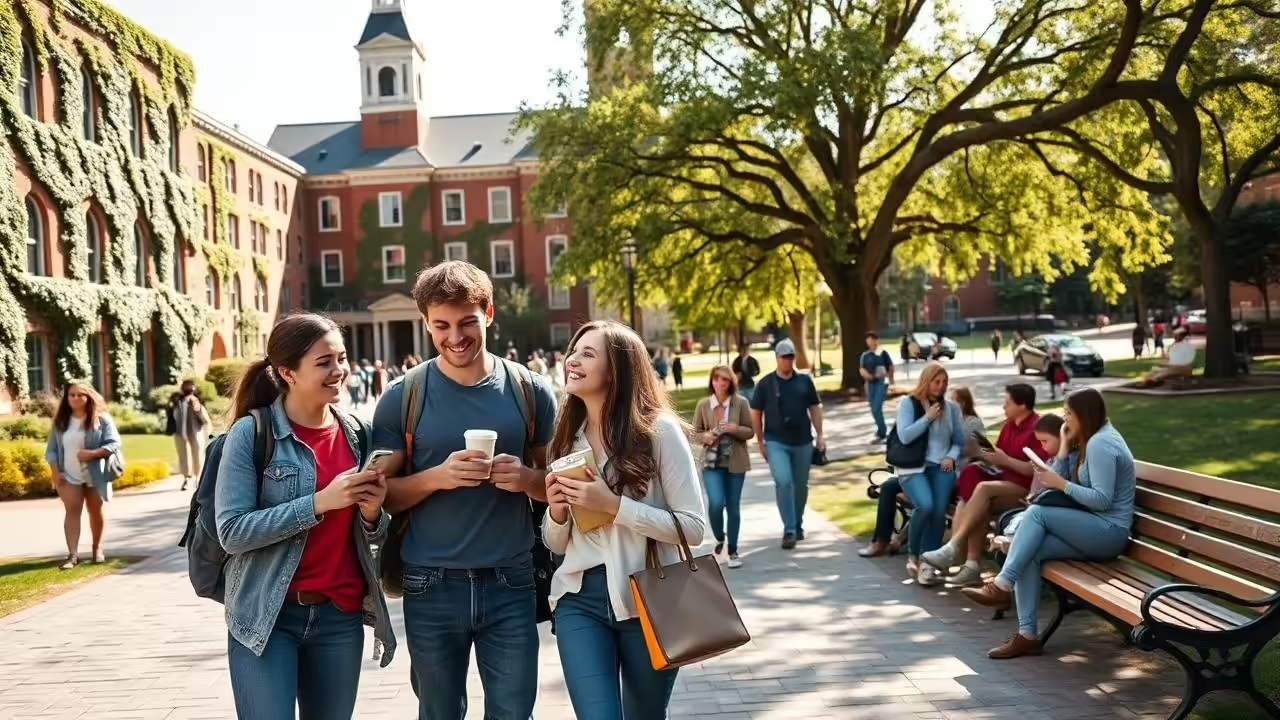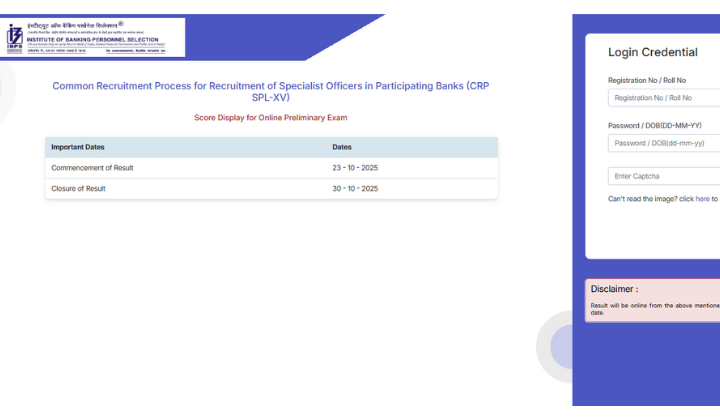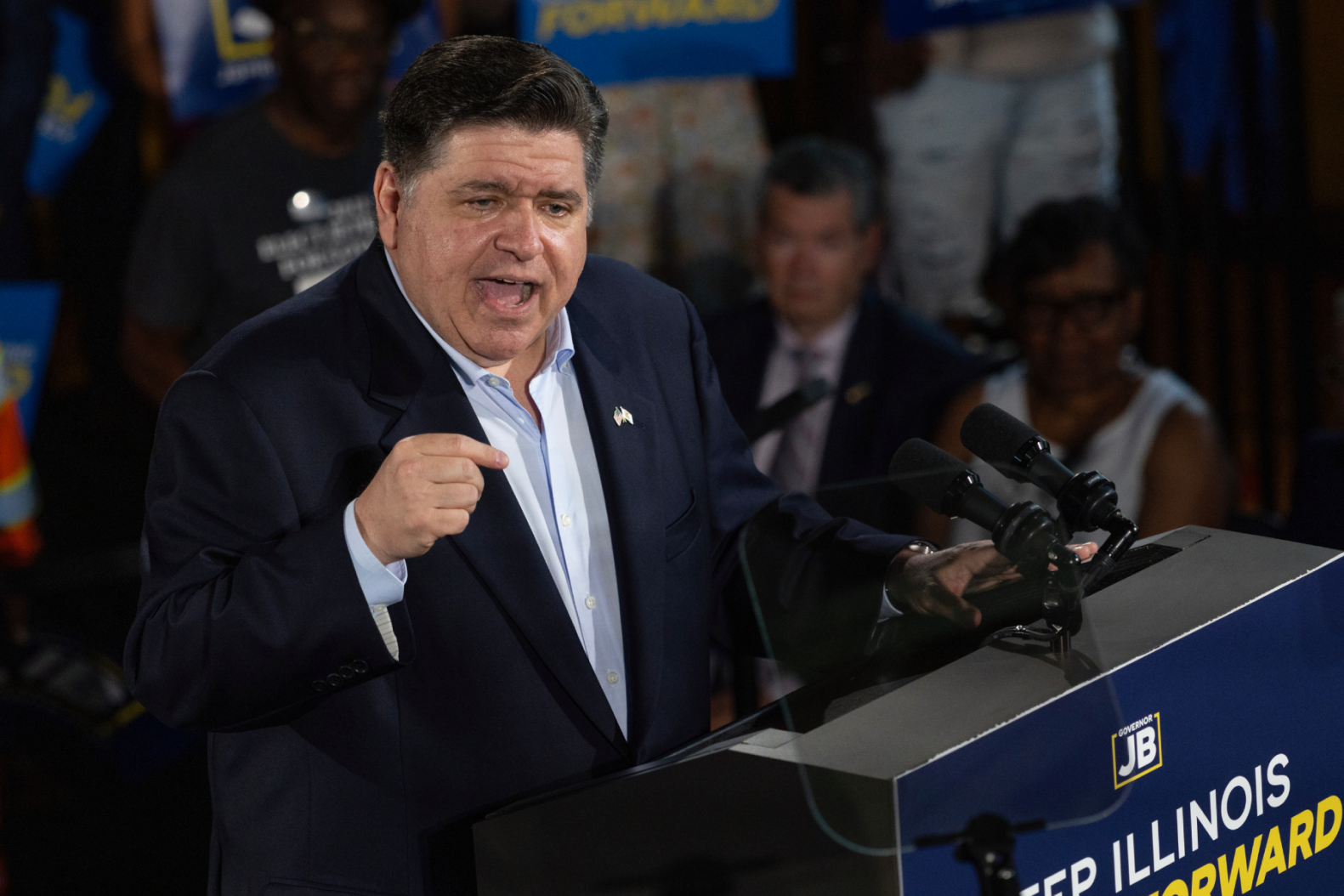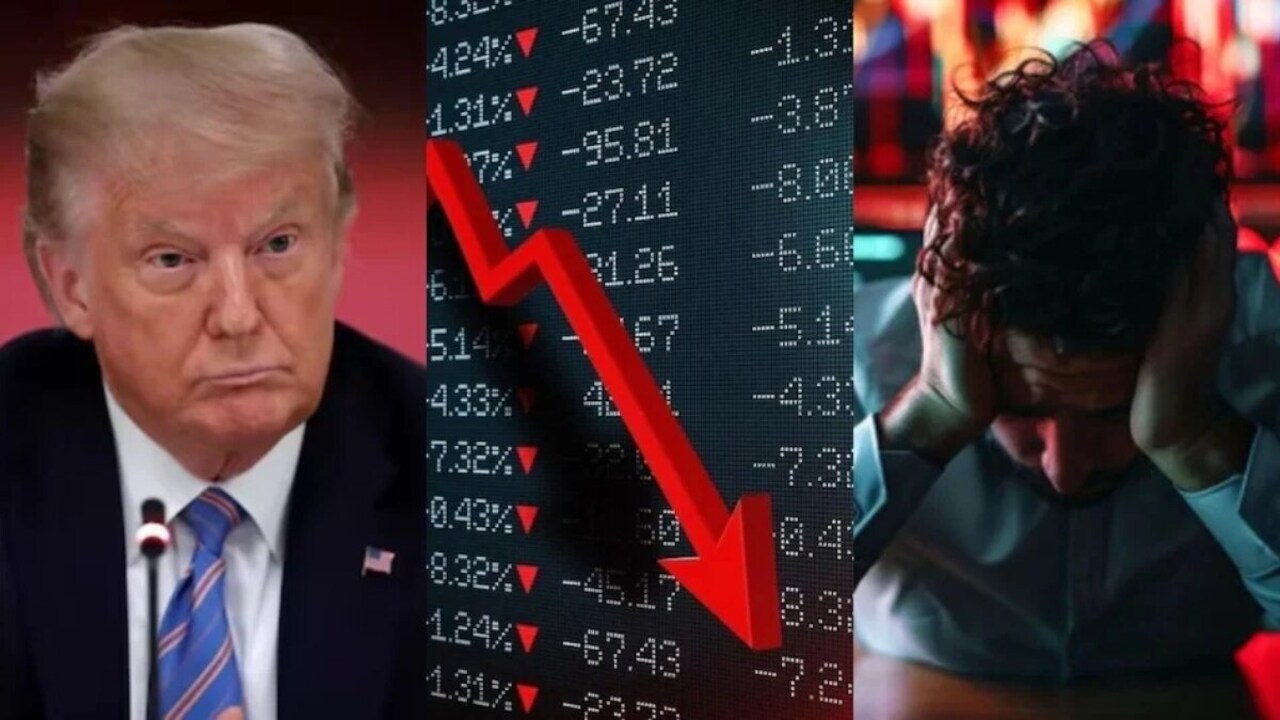Now Reading: Trump-Era Policies Lead to Decline in International Students, Threatening U.S. Education Dominance
-
01
Trump-Era Policies Lead to Decline in International Students, Threatening U.S. Education Dominance
Trump-Era Policies Lead to Decline in International Students, Threatening U.S. Education Dominance

Introduction:
The United States is witnessing a notable drop in international student arrivals, with numbers falling by 22% compared to previous years. Experts attribute this decline to restrictive visa policies and political rhetoric during the Trump administration. The trend is reshaping the global education landscape, offering opportunities for other countries while raising concerns about America’s future as a leading destination for higher education.
Impact on Universities:
Many U.S. universities, particularly in Tier 2 cities, rely on international students for tuition revenue and cultural diversity. The decline has forced some institutions to cut programs, limit course offerings, and reconsider expansion plans. Faculty and administrators report that losing global talent also impacts research output and collaboration opportunities.
Student Perspective:
Prospective international students cite visa hurdles, uncertainty about work opportunities, and a perceived lack of inclusivity as key deterrents. Countries like Canada, Australia, and Germany have seen increased interest from students who might previously have chosen U.S. institutions. This shift signals a long-term change in global education preferences.
Economic and Cultural Consequences:
Beyond academic implications, the drop affects local economies dependent on student spending, including housing, transportation, and retail. Cultural exchange and international networking opportunities are also diminished, impacting the broader educational ecosystem and global competitiveness of American universities.
Looking Ahead:
Policymakers and educators are exploring reforms to attract foreign students, such as easing visa restrictions, expanding scholarship programs, and improving campus support services. Rebuilding trust and offering clear pathways for international students are seen as critical to restoring the U.S.’s edge in global education.
Conclusion:
The decline in international student enrollment underscores the lasting effects of restrictive policies on U.S. higher education. To maintain its leadership in global academia, the country must adapt, ensuring that foreign students feel welcomed, supported, and valued in American universities.
























